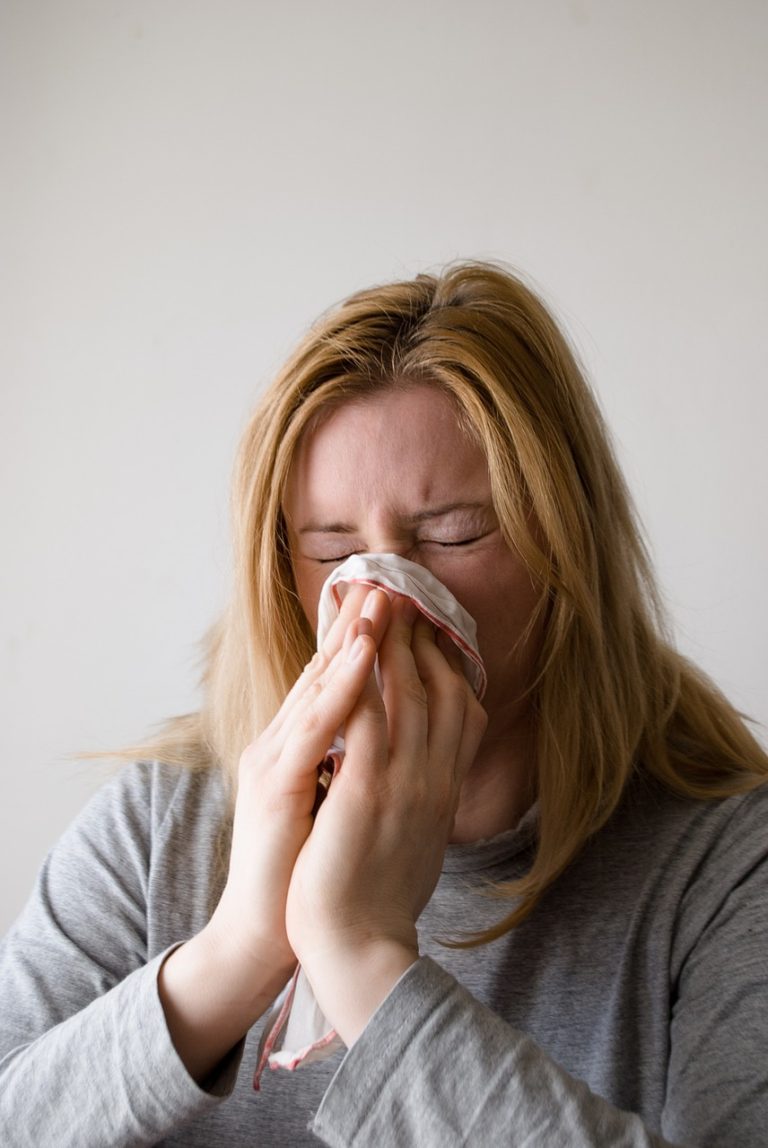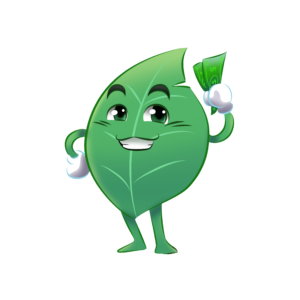This post contains affiliate links, to learn more see our policy and disclosures
Coronaviruses have been in the headlines for quite some time, most notably SARS, and the lesser known MERS virus.
With the emergence of the novel coronavirus, also known as SARS-CoV-2 or COVID-19, many people are wondering how the virus is spread, what are the symptoms, how to protect themselves from the virus, and what are the best ways to kill the virus. We will address all of those questions in this article.
Researchers have been working around the clock to get as much information on the novel coronavirus since it emerged in 2019. The CDC (Centers for Disease Control and Prevention) and the WHO (World Health Organization) post updated information on the novel coronavirus (COVID-19) almost daily, and while research is still ongoing, here is what is known so far:
HOW IS IT SPREAD?
Person-to-Person
- The virus is believed to spread mainly between people that are in close contact with each other (within 6 feet or 2 meters). The virus is spread when an infected person coughs or sneezes and the droplets enter a persons nose or mouth.
Contact with Infected Objects
- A person can become infected with COVID-19, the official name of the disease caused by the novel coronavirus, by touching infected objects (door knobs, tables, handles, counters, ect) and then touching their own nose, mouth, or possibly eyes. This route of transmission is not currently believed to be the main route of transmission. View the CDC website for the latest updates on how the novel coronavirus spreads.
SYMPTOMS OF THE NOVEL CORONAVIRUS (COVID-19)
Keep in mind that some people may not have any symptoms at all, and symptoms can take anywhere from 2 days up to 14 days to appear after exposure to the novel coronavirus (COVID-19).
Symptoms include:
- FEVER
- DRY COUGH
- SORE THROAT
- FATIGUE
- SHORTNESS OF BREATH/DIFFICULTY BREATHING
- For the latest updates on symptoms of COVID-19, please visit the CDC website
HOW YOU CAN PROTECT YOURSELF
Wash Your Hands
- Regularly wash your hands with soap and water and/or use an alcohol-based hand rub whenever possible. These processes can kill viruses on your hands and prevent transmission or infection.
Keep your Distance
- Try to stay at home as much as possible and abide by shelter in place guidelines. When you must go out in public, if possible, avoid being in groups of 10 or more, and keep a minimum distance of 6 feet (2 meters) between you and other people. If you happen to be around someone who is coughing or sneezing, stay at least 6 feet away from them, but try to leave the immediate area if possible. A person infected with COVID-19 could cough and the droplets from their nose or mouth could come in contact with you.
Eyes, Nose, and Mouth
- Even with good hand washing, it’s important to avoid touching your nose, mouth, and eyes, especially when out in public. If your hands happened to come in contact with the novel coronavirus (COVID-19) you could accidentally touch one of those areas and the virus could enter your body, causing you to become sick.
Cover Noses and Mouths
- As a means of good practice and habit, be sure to cover your own nose and mouth when you sneeze or cough. The proper technique is to sneeze or cough directly into the bend of your elbow, or sneeze or cough directly into a tissue and dispose of the tissue immediately. Be sure to encourage those around you to do the same.
Seek Medical Assistance…
- If you have a cough, fever, and or difficulty breathing, seek medical attention as soon as you can. Be sure to call your medical provider/facility in advance so that they can prepare for your arrival or direct you to the best location to be evaluated.
Cover Up
- The novel coronavirus (COVID-19) is believed to be spread through droplets that travel through the air. In order to help protect yourself from those droplets when you are in close proximity to a person with the novel corona virus, two types of masks are recommended:
N95 RESPIRATOR MASK
- Best protection
- Protects the wearer against dust, mold, and liquid airborne particles
- Used as an important part of the infection-control strategy
- N95 means the mask blocks 95% of small particles (0.3 microns)
- Find the N95 Respirator mask here
To learn more about the N95 respirator, visit the FDA website.
Surgical Mask
- Adequate protection
- Protects against dust and large liquid droplets, sprays, and splashes that may contain bacteria or viruses
- To learn more about face masks and how they can protect you, visit the FDA website.
Nasal Screens
- 92% effective against particles 1 micron and larger
- 77% effective against particles below 1 micron (COVID-19 particle size)
- More effective than surgical masks and face masks, scarfs, and bandanas
- Ships from USA
- Find it here
- Additional availability
HOW TO KILL THE CORONAVIRUS
Research on the novel coronavirus (SARS-CoV-2) is still ongoing, but their are several products that have demonstrated effectiveness in killing coronaviruses similar to the novel coronoavirus such as Avian influenza, SARS, and MERS.
DISINFECTANT SPRAYS
CLOROX CLEAN-UP CLEANER + BLEACH
- Kills 99.9% of Bacteria and Viruses within 30 seconds
- Find it here
LYSOL DISINFECTING SPRAY
- Kills 99.9% of Bacteria and Viruses
- Can be used on solid and soft surfaces such as couches, sofas and mattresses
- Find it here
WIPES (DISINFECTING)
CLOROX DISINFECTING WIPES
- Kills 99.9% of Bacteria and Viruses including the human coronavirus
- Find it here
NATURAL OPTIONS
Currently the most natural option available that has been show to kill coronaviruses similar to COVID-19 such as SARS and MERS, is a hydrogen peroxide based cleaner of at least 3% concentration.
- Find Hydrogen Peroxide 3% Cleaner Here
- For a full list of products that can kill coronaviruses, please visit the American Chemistry Council’s website
For the latest and most up to date information on the novel coronavirus (COVID-19) please visit the Centers for Disease Control and Prevention (CDC) and the World Health Organization websites.
Back to GreenThreeLife.com


